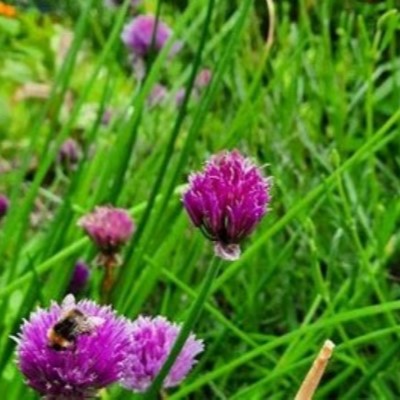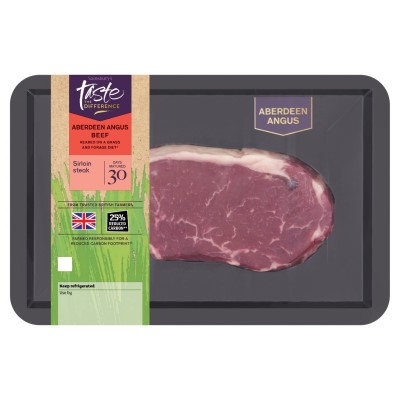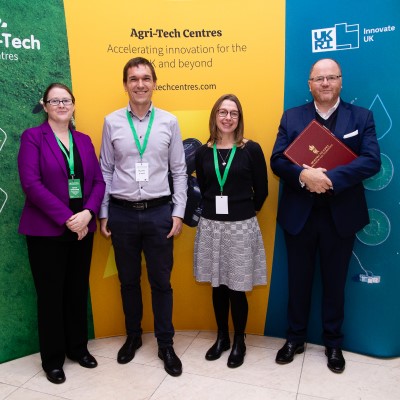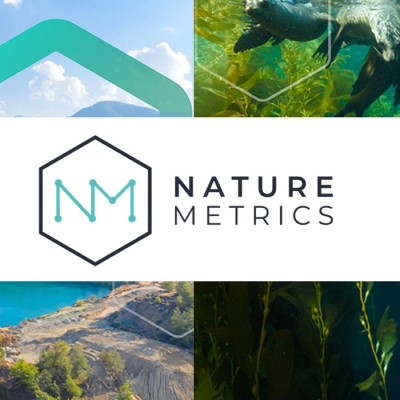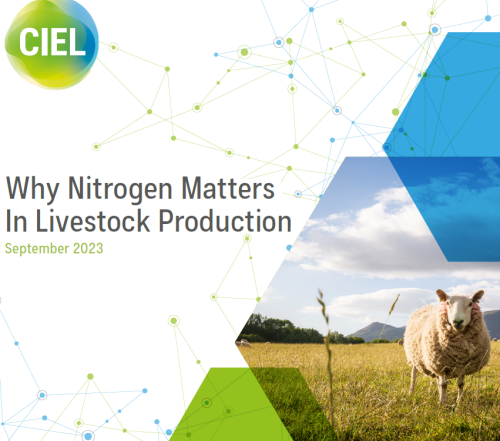CIEL | News: Queen’s and AFBI win funding in race to decarbonise agriculture and promote sustainability
Researchers at IGFS and AFBI have together won a series of high-profile funding competitions in the area of agriculture and environmental sustainability.
Scientists operating under the Queen’s-AFBI Alliance have secured major EU, UK and ROI government investment to take forward projects aimed at accelerating Net Zero and improving environmental stewardship.
One such project, Facilitating Innovations for Resilient Livestock Farming Systems, is part of a €13.5million, Horizon Europe investment over five years and will see Queen’s, with support from AFBI, join a coalition of 37 research and industry partners from 14 countries across Europe and Australia to explore options for improved environmental outcomes.
Led by Dr Katerina Theodoridou of IGFS, in collaboration with Dr Tianhai Yan of AFBI, the Northern Ireland researchers, who will receive just under €500,000, will explore the use of multi-species swards such as clover, chicory and plantain to improve environmental resilience, including biodiversity and better soil health. Agricultural economists at Queen’s will also be exploring the role of new technologies and innovations in driving sustainability on farms.
Another successful project, The Role of Virtual Fencing in Sustainable Grazing Management, fought off competition to land prestigious, all-Ireland HEA funding of €200,000 to explore wearable technology for livestock. The aim is to enhance sustainability by facilitating more precise grazing management in hills and uplands, more effectively keeping animals out of protected areas and wildlife zones.
With the aid of GPS and wearable collars on animals, farmers will be able to set ‘virtual boundaries’ which, if crossed, will transmit a warning sound. If the animal continues to cross the boundary, it will receive an electric pulse, similar to that given by a physical, electric fence. Initial studies show that animals quickly learn to respond to the initial warning sound.
The HEA project is led by University College Dublin with Dr Gareth Arnott from IGFS as the Northern Ireland lead and Dr Francis Lively of AFBI a third partner. As well as examining the efficacy of the new technology from a range of perspectives, the Queen’s team will be looking at implications for animal behaviour and welfare. Earlier this year, the UN adopted animal welfare as a key indicator in the area of environmental sustainability.
A third project, Food For Feed, also led by Dr Katerina Theodoridou of IGFS, with AFBI as partner led by Dr Tianhai Yan, will explore the use of agrifood industry by-products for use in animal feed to promote the circular economy. By-products that would normally be binned, for example from mushroom, apple and distilled grain producers, will be trialled in animal feed in a bid to reduce food waste.
But the IGFS, AFBI and University of Reading researchers are also expecting other benefits from this project which is being funded by BBRSC to the tune of just under £100,000 – including improved animal health (from antioxidants and other medicinal properties) along with a reduction in ammonia and methane GHG emissions. The scientists will also be measuring whether these approaches have a reduced carbon footprint overall than current animal feeds such as soya over the four years of the project.
Professor Nigel Scollan, Director of IGFS said these projects support solutions to sustainability at a local, national and international level. He said: “There is an urgent need for research that is not only concerned with climate-change mitigation but carried out in a joined-up manner, across borders and disciplines. This will provide the highest opportunity to support farming and deliver cutting-edge research with impact to help future-proof the agrifood industry.”
Director of Sustainable Agrifood Sciences at AFBI and an honorary professor at Queen’s University, Dr Elizabeth Magowan added: “This is what the Queen’s-AFBI Alliance is all about – joining forces in Northern Ireland and beyond to maximise resources, knowledge and expertise to better meet the Net Zero challenge. These recent funding success stories are testament to the expertise between AFBI and Queen’s and are very encouraging in our strive to deliver solutions locally with global impact.”
